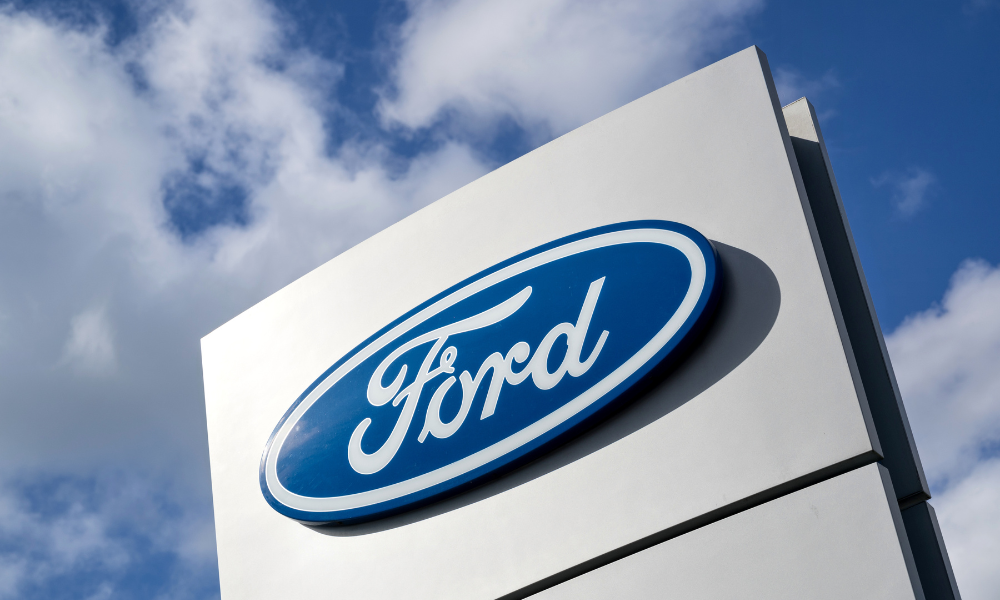World
Trump’s in. Here’s what it means for Europe.

In a way, this may be a blessing in disguise for the EU, forcing European governments to work more closely together and make bold decisions — such as agreeing to joint borrowing to boost the bloc’s defense industry. France could revive discussions on the European aspect of its nuclear doctrine, while Brussels and London could accelerate talks for a defense and security agreement. Most countries would likely raise defense spending as much as possible.
On the other hand, we may see European capitals bilaterally try to curry favor with a Trump administration to ensure Washington remains interested in their security, namely by increasing even more purchases of U.S.-made weapons when the European Commission is trying to incentivize EU countries to buy local.
The Trump win could mean the end of U.S. military aid to Ukraine and pressure on Kyiv to negotiate a peace deal with Russian President Vladimir Putin, even if the terms are more favorable for Moscow.
Tech
Under Biden, the EU was on speaking terms with the U.S. on tech. The Trump win could change that by spelling the end of the U.S.-EU Trade and Technology Council, the biannual transatlantic political gathering founded in 2021 as a place for the U.S. and the EU to discuss tech policy and coordinate on topics such as semiconductors and artificial intelligence standards. The collapse of such a diplomatic backchannel could come when international alignment on AI governance is needed the most.
Another liability is Trump’s proximity to Elon Musk, the owner of X, who has become a big Trump supporter. If the EU fines X for breaches of the bloc’s content-moderation rulebook, the relationship between Trump and the European Commission could sour very quickly and reinvigorate a well-known narrative that the EU is only trying to “take U.S. Big Tech companies down.”
Competition
A Trump win opens up an uncertain era, as he hasn’t expressed clear lines on industrial policy or antitrust regulation, beyond an “America First” approach. While no fan of Big Tech, he has expressed frustration over European efforts to rein in American companies. He told a podcast in October that Apple Chief Executive Officer Tim Cook had called him to complain about an EU antitrust fine and losing a court ruling that required it to hand over billions of euros in back tax.
He appears to oppose U.S. and EU antitrust efforts to split off parts of Google’s business, saying that “China is afraid of Google.” Trump has been backed by tycoon Elon Musk who has run into several digital regulation battles with the European Commission.
Ultimately, Trump’s win may speed up European efforts to rely less on the U.S. as a partner, pushing on with an economic security strategy that emphasizes European production and a wide range of international suppliers and markets. That could see more pressure within Europe for EU merger reviews to allow bigger European companies and for more government help to boost European champions.










